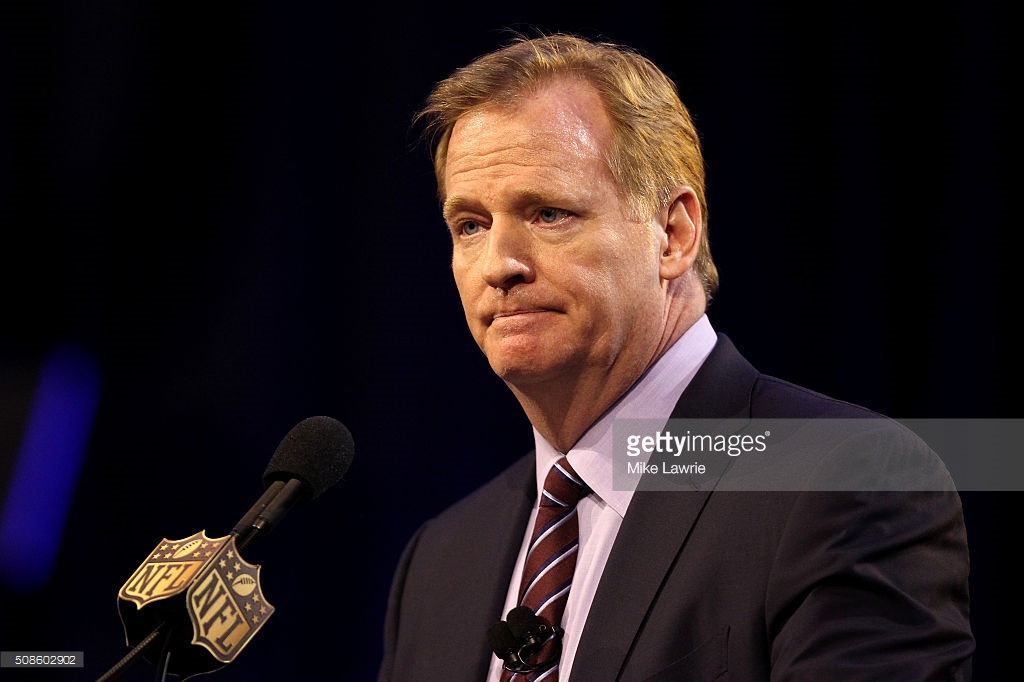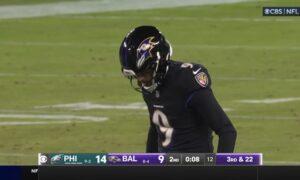It has probably become obvious at this point to regular readers of this site that we—or more specifically, I—tend to follow any sort of news or development as it pertains to the player safety issues surrounding the use of painkillers and other such substances by the league.
It is also probably obvious to that that frequently tangential to that topic is the discussion about marijuana, which is a topic that I have addressed a number of times over the years, not for recreational, but rather for treatment purposes around the league, which is a position that has wide support among players and the NFLPA, as well as some other notables.
I have written previously about how the Cowboys ownership has pushed for a revisitation of the NFL’s policy pertaining to marijuana, and this is something that NFLPA spokesman George Atallah seized upon during a recent appearance on Pro Football Talk Live.
“It’s encouraging to see someone from management who’s interested in a more progressive viewpoint”, Atallah said referencing the Jones family in ownership of the Cowboys. “Clearly we’ve made significant advancements over the last six-to-eight years, but on this particular issue I think it’s incumbent upon the league office to, and pardon my pun, but keep up with the Jones”.
Not that he is optimistic, and he also understands that this is a discussion that is years off, of course, pending the ratification of a new Collective Bargaining Agreement as the current one reaches its expiration date come the 2021 season, if I’m not mistaken.
Part of that attitude has been shaped with prior dealings with the NFL during CBA negotiations, which require a give-and-take about each gain, and the league would view a more progressive marijuana policy as a gain for the players.
Atallah said that it “has not been our experience with the league or the Management Council unfortunately in most cases” that they would give with one hand while not taking with the other.
“This is clearly one [issue] that falls into that health-and-safety space. We know exactly how players feel after the games, what their career are like, and what their lives are like after they’re done playing football”, he said. “It’s incumbent upon all of us to take the hard look and see how we can help players”.
I think it should be made clear that Atallah is here discussing the usage of marijuana as a substitute for painkillers, and not for recreational purposes, and it doesn’t have to be smoked. “It’s a little bit challenging at times to feel like the only entity who cares about these players as human beings, as men, as family men, when they’re facing health and safety issues”, he said.








